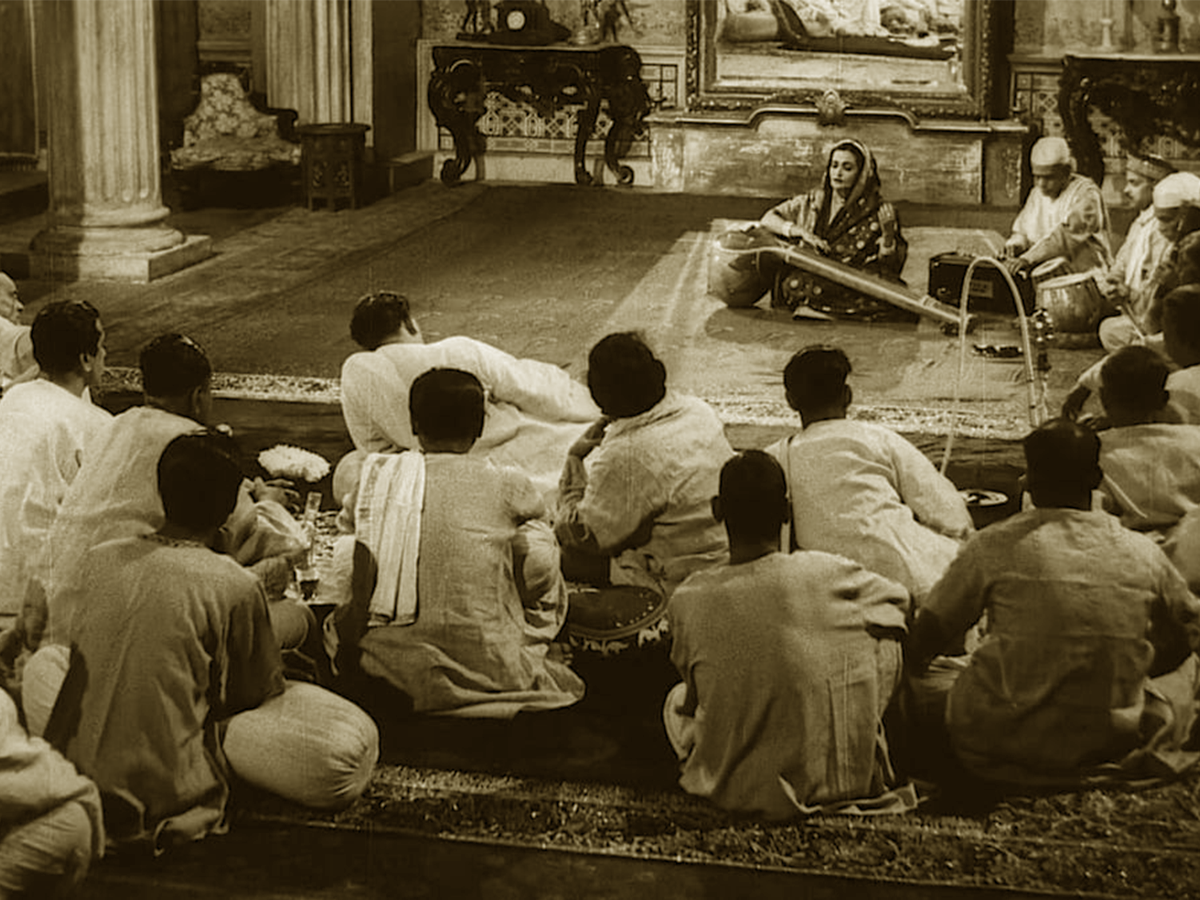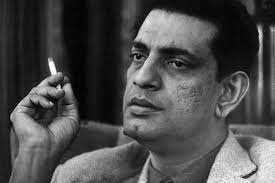

Original name: Jalasaghar
English name: The Music Room
Year: 1958
Run time: 110 min
Language: Bengali
Type (Colour/ Black & white): Black & White
Country: India
Director: Satyajit Ray
Producer: Satyajit Ray
Cast: Chhabi Biswas, Padma Devi, Pinaki Sengupta, Gangapada Basu, Tulasi Lahiri, Begum Akhtar, Ustad Waheed Khan, Bismillah Khan
Screenplay: Satyajit Ray
Cinematographer: Subrata Mitra
Editor: Dulal Dutta
Sound Designer: Durgadas Mitra
Music Composer: Ustad Vilayat Khan
Costume Designer: Bansi Chandragupta
Production Designer: Bansi Chandragupta
Production Company:Satyajit Ray Productions

Satyajit Ray is perhaps the most influential director to work in Indian cinema and captivate the world with its magic. Influenced by the poetic humanism of Jean Renoir and the Italian neorealist movement, Ray made his debut Pather Panchali—the first instalment of his acclaimed Apu Trilogy. Over the course of a long, remarkably varied career that encompassed forays into a wide array of genres—including period pieces, comedies, detective mysteries, and documentaries—Ray applied his compassionate, lyrical vision to explorations of female liberation (Mahanagar, Charulata), the clash between tradition and modernity (Jalsaghar), and the impact of British colonialism (Shatranj Ke Khiladi). Overflowing with humanity, humour, and exquisite visual imagery, Ray’s films are nothing short of essential.
The film evokes the crumbling opulence of the world of a fallen aristocrat (zamindar) desperately clinging to a fading way of life. The zamindar, Biswambhar Roy, is a just but otherworldly man whose greatest joy is the music room in which he has hosted lavish concerts over the years—now a shadow of its former vivid self. He has not been able to manage than his properties ravaged by floods and the government's abolition of the zamindari system after Independence. He is challenged by a commoner who has attained riches through business dealings, in putting up spectacles and organising music fests.
An incandescent depiction of the clash between tradition and modernity.